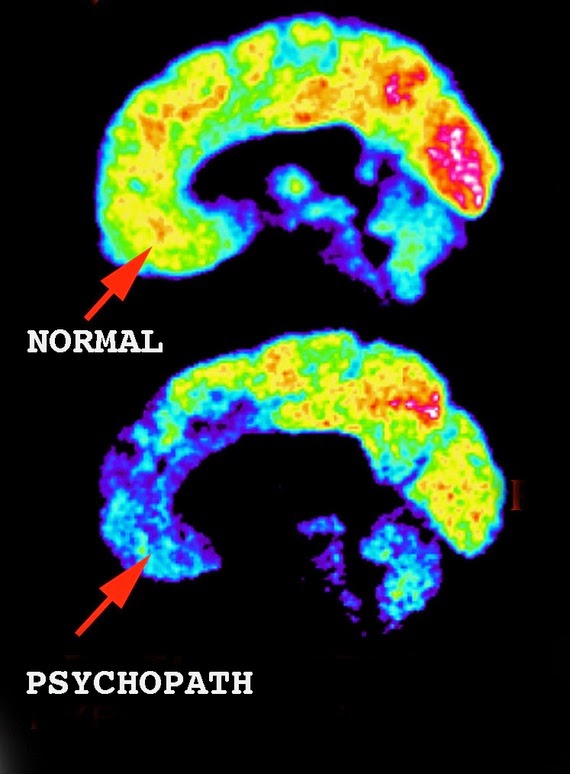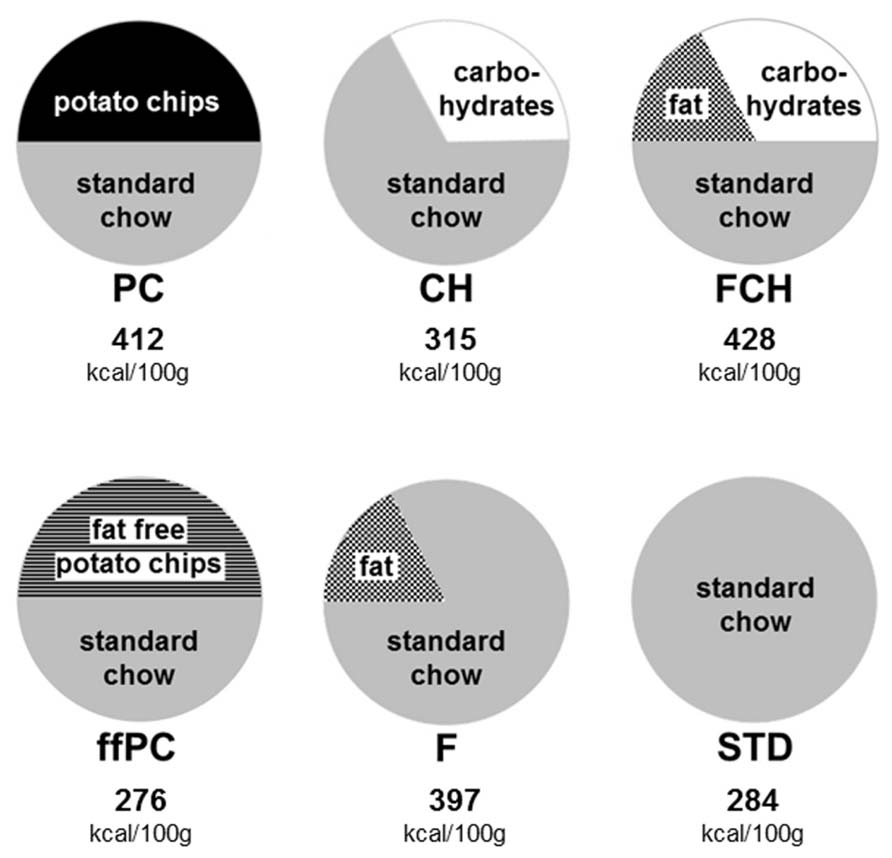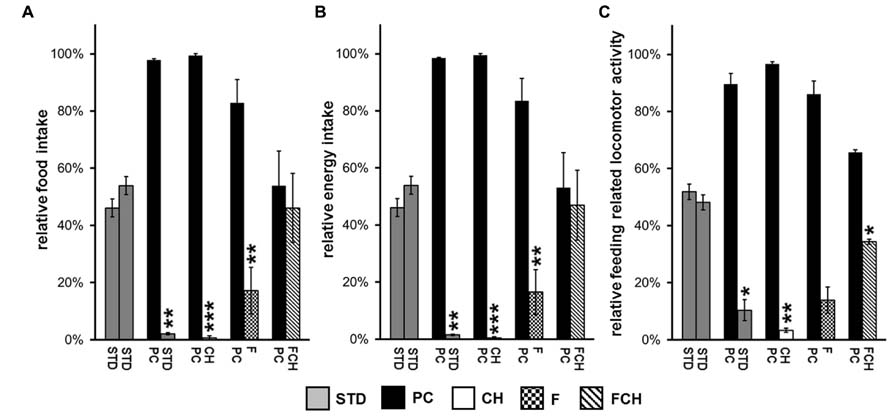In my last blog post, 8 Inverted Isn’t 8, I looked at a gene abnormality in my family. In my family’s case the change of the chromosome could cause multiple defects t hroughout the body. It got me thinking about how our genes “make us who we are.” On top of that I watch too many crime shows (if you’re wondering, I like Criminal Minds). If you combine those two you have the following question: is killing genetic?
hroughout the body. It got me thinking about how our genes “make us who we are.” On top of that I watch too many crime shows (if you’re wondering, I like Criminal Minds). If you combine those two you have the following question: is killing genetic?
How can you tell a murderer from a normal person?
Many people have tried to deduce what traits killers share to try and get it down to a science.
A very famous Italian, Cesare Lombroso, also know as the father of modern criminology tried to deduce what makes a killer. Most of his theories shine in his works Criminal Man and Criminal Woman, the Prostitute and Normal Women. He believed that criminals were born to be just that. He would sit down and study hundreds of faces and characteristics of criminals to find connections. This is the guy who thought that criminals had big ears and hairy arms. Source. He is also the man who said killers were left handed and used the word ‘idiot.’ Source. Unfortunately most of his work has been discredited; however, he started the conversation about predispositions for killing.
What about your genes or biological factors?
In 1968 there was a spike of research about extra sex chromosomes. It was shown that 3% men in prison has an extra Y chromosome. Many people then believed that men who were XYY were more likely to kill. This was discredited due to the small percent of men it effected in prison. Source.
A new type of gene based criminology is springing up called neurocriminology. Adrian Raine, a professor at University of Pennsylvania, is leading the way with his work with criminals. He took brain scans of 42 of murders and compared them. He noticed a great number of criminals has a reduced prefrontal cortex. This is caused by abuse, lead exposure, alcoholic pregnancy, head trauma when the person is young that caused damage to it. Raine believes that killers are created through ½ genetics and ½ environmental factors. Source.
However, not all killers he studied had reduced prefrontal cortex activity. Some had a small amygdala, the part of the brain that is our remorse and conscience. Men with a reduced amygdala are 33.3% more likely to perform acts of violence. Source.
A study conducted by scientist at the University of Wisconsin-Madison, agreed with Raine’s results; except, this study linked psychopathy to a reduced amygdala. Source.
“Isn’t psychopathy a mental illness?”
Psychopathy is defined as “a mental disorder in which an individual manifests amoral and antisocial behavior, lack of ability to love or establish meaningful personal relationships, extreme egocentricity, failure to learn from experience, etc.” Source. Famous serial killer Ted Bundy suffered from psychopathy. Source. Yes it is a mental illness, but if you a smart person you can rationalize that a person who can’t feel remorse will have a smaller amygdala (part that feels remorse) which can be genetic.
The last bit of study to be shown involves the MAOA enzyme. One study conducted in 1993 Netherlands by Han Brunner, followed several men in a single family known for antisocial and aggressive behavior. Source.
It turns out the family was lacking what is called the “warrior gene” which is the gene that tells the body how much MAOA (regulator of neurotransmitted impulses) to make. Basically, with this gene men are more prone to violence if it is activated. As it turns out 30% of men have the warrior gene. Source.
Professor Jim Fallon (his TedTalk on this subject is linked to his name) elaborated on the studies findings “If you’ve the high-risk form of the gene and you were abused early on in life, your chances of a life of crime are much higher. If you have the high-risk gene but you weren’t abused, then there really wasn’t much risk. So just a gene by itself, the variant doesn’t really dramatically affect behaviour, but under certain environmental conditions there is a big difference.” Source.
So is this genetic?
I want to say yes but it isn’t 100% genetic. A lot of external factors, such as environment, play a huge role in your predisposition to violence.
One thing I’m curious about is whether or not there is a difference in the murderers with low activity in their prefrontal cortex versus killers with a small amygdala?
We won’t really know until more studies are done.




 hat my dad and sister most likely do not have an inversion of 8p21 which lowers their risk at major issues. However, looking at their scoliosis and spasticity, I believe those could be a connection to this chromosome. I would say my dad’s heart issues could be considered a symptom too, but that is nulled by his smoking habits that the doctors have diagnosed them as. I wonder if it’s possible that the chromosome makes it easier for him to have these problems from smoking.
hat my dad and sister most likely do not have an inversion of 8p21 which lowers their risk at major issues. However, looking at their scoliosis and spasticity, I believe those could be a connection to this chromosome. I would say my dad’s heart issues could be considered a symptom too, but that is nulled by his smoking habits that the doctors have diagnosed them as. I wonder if it’s possible that the chromosome makes it easier for him to have these problems from smoking.
 onundrum is a correlation with
onundrum is a correlation with 
























